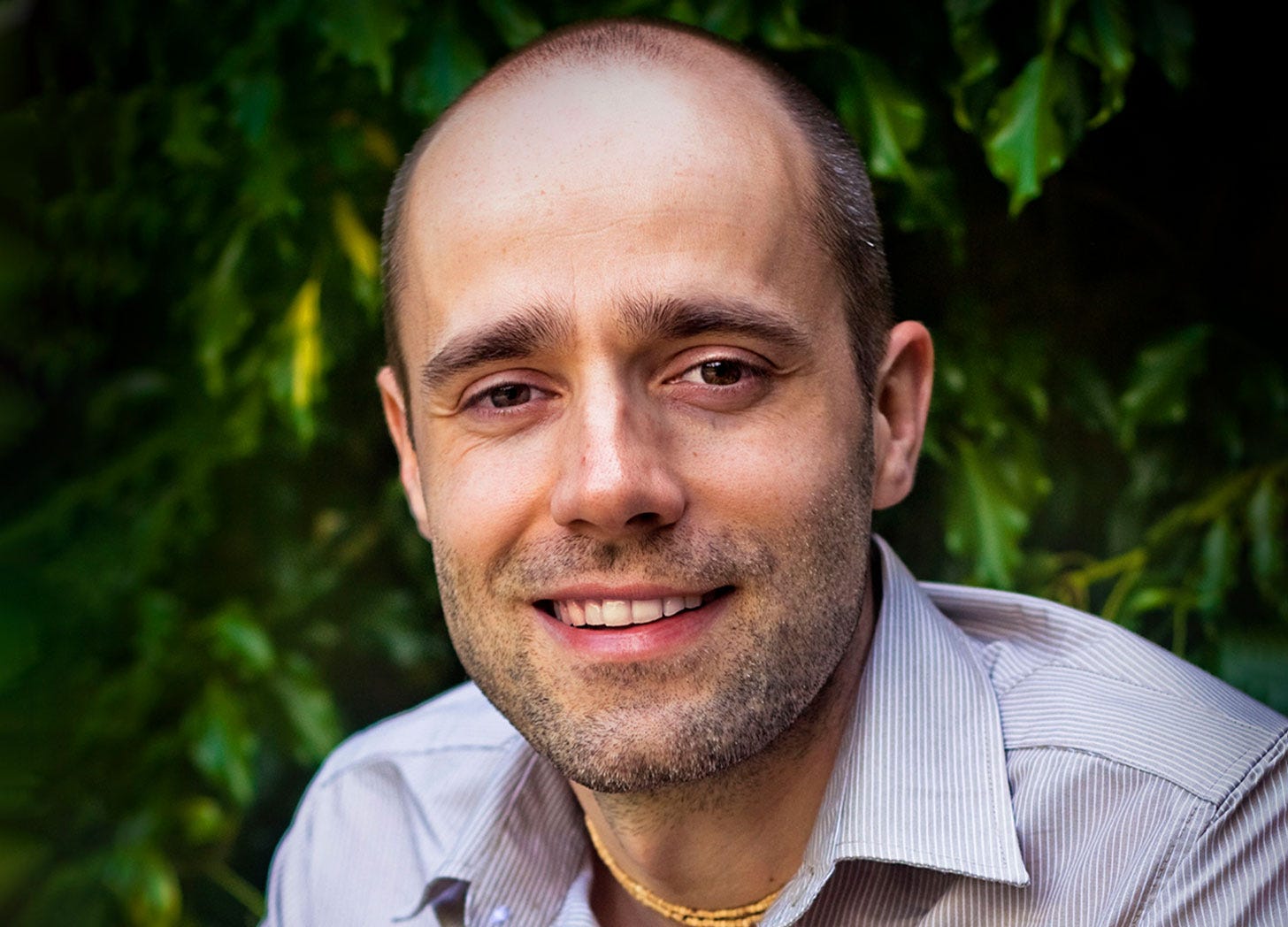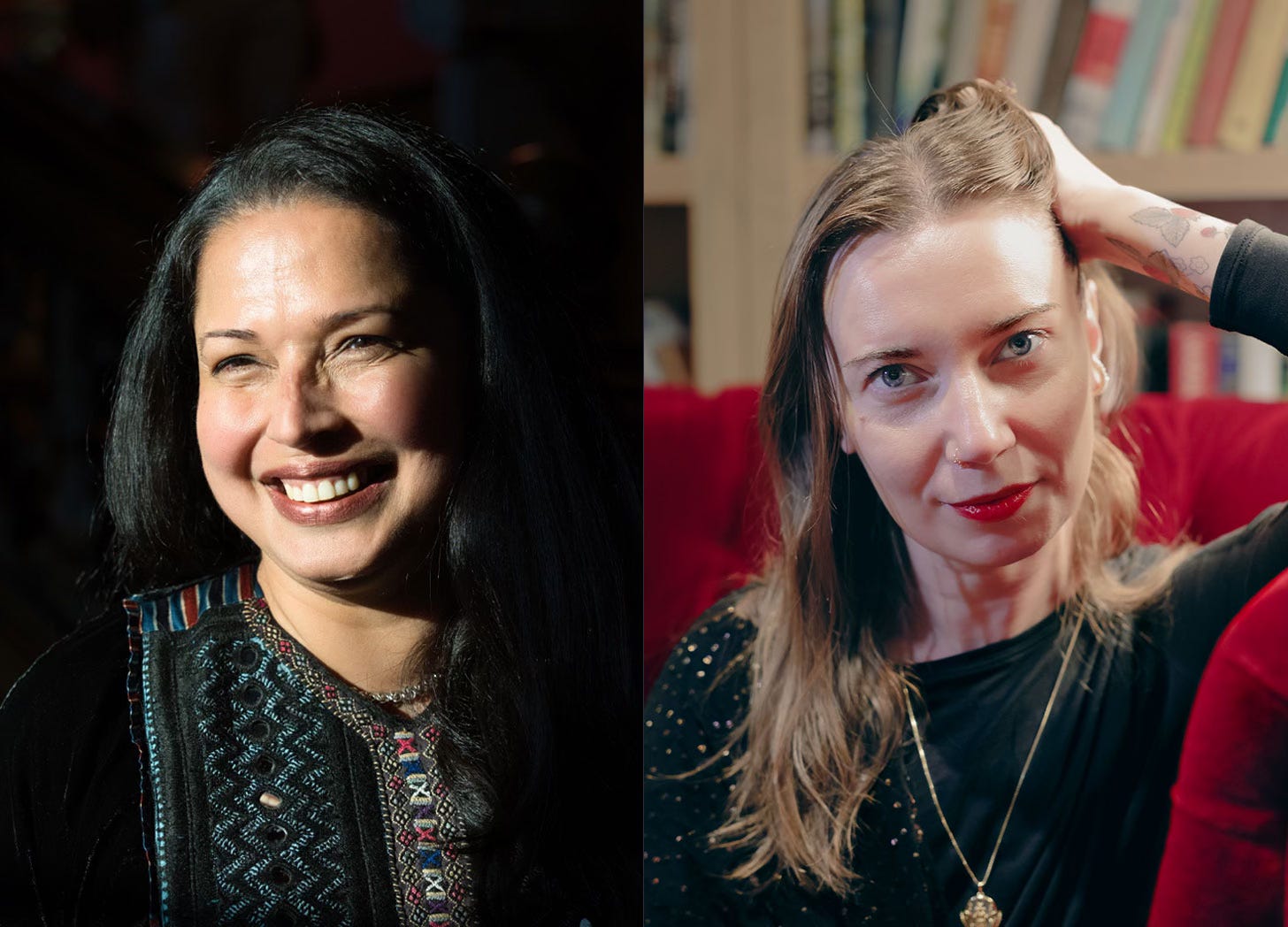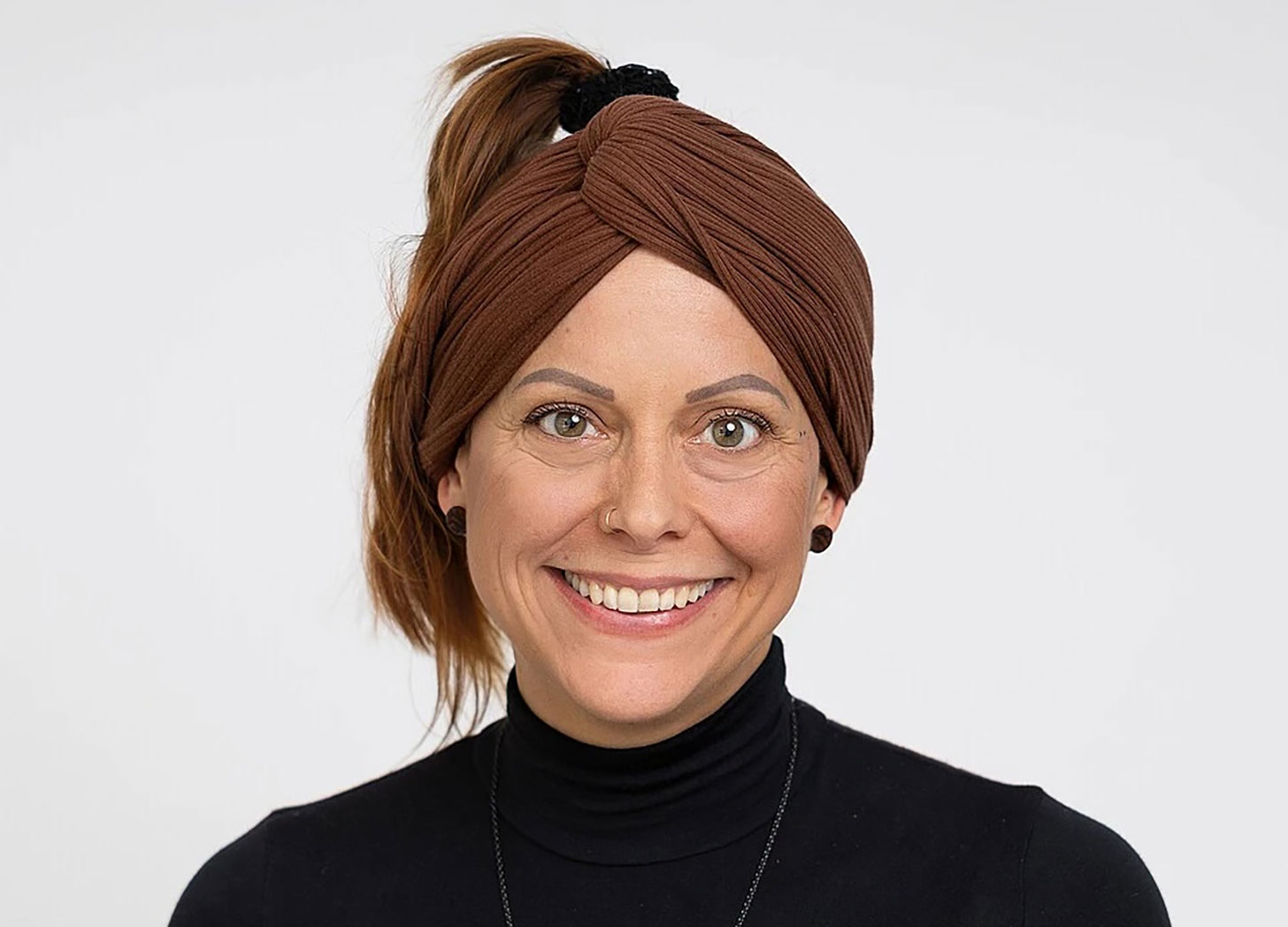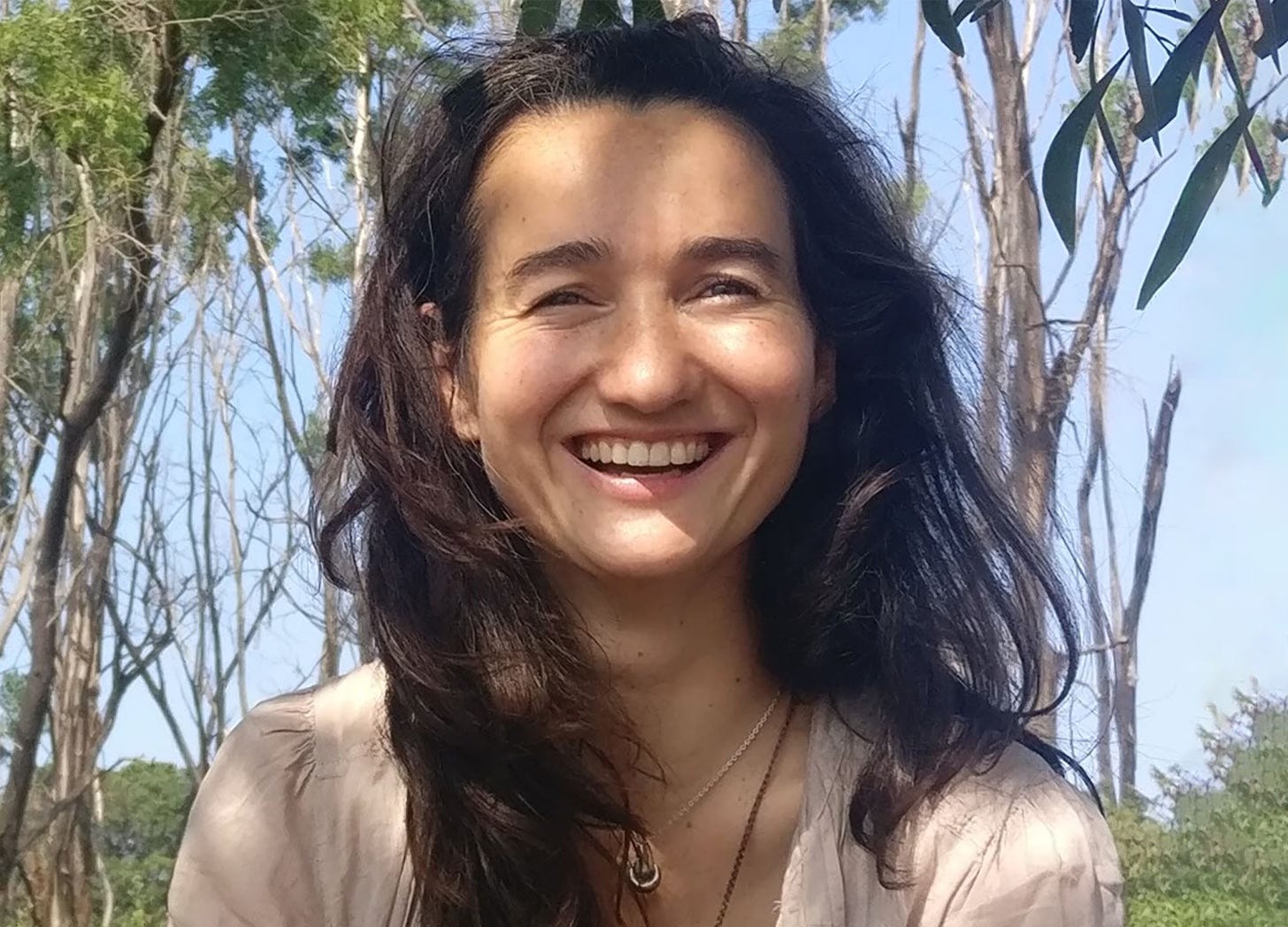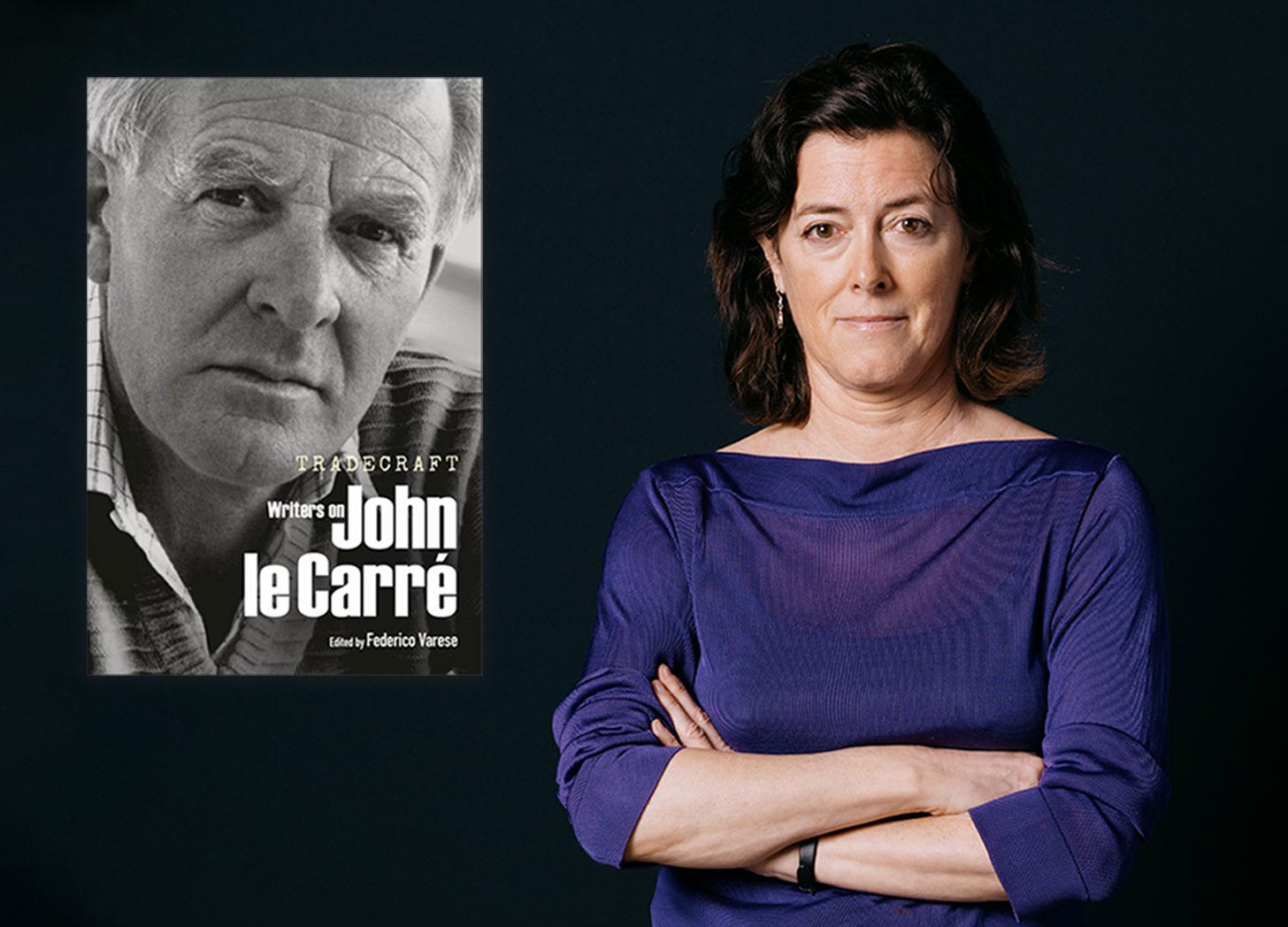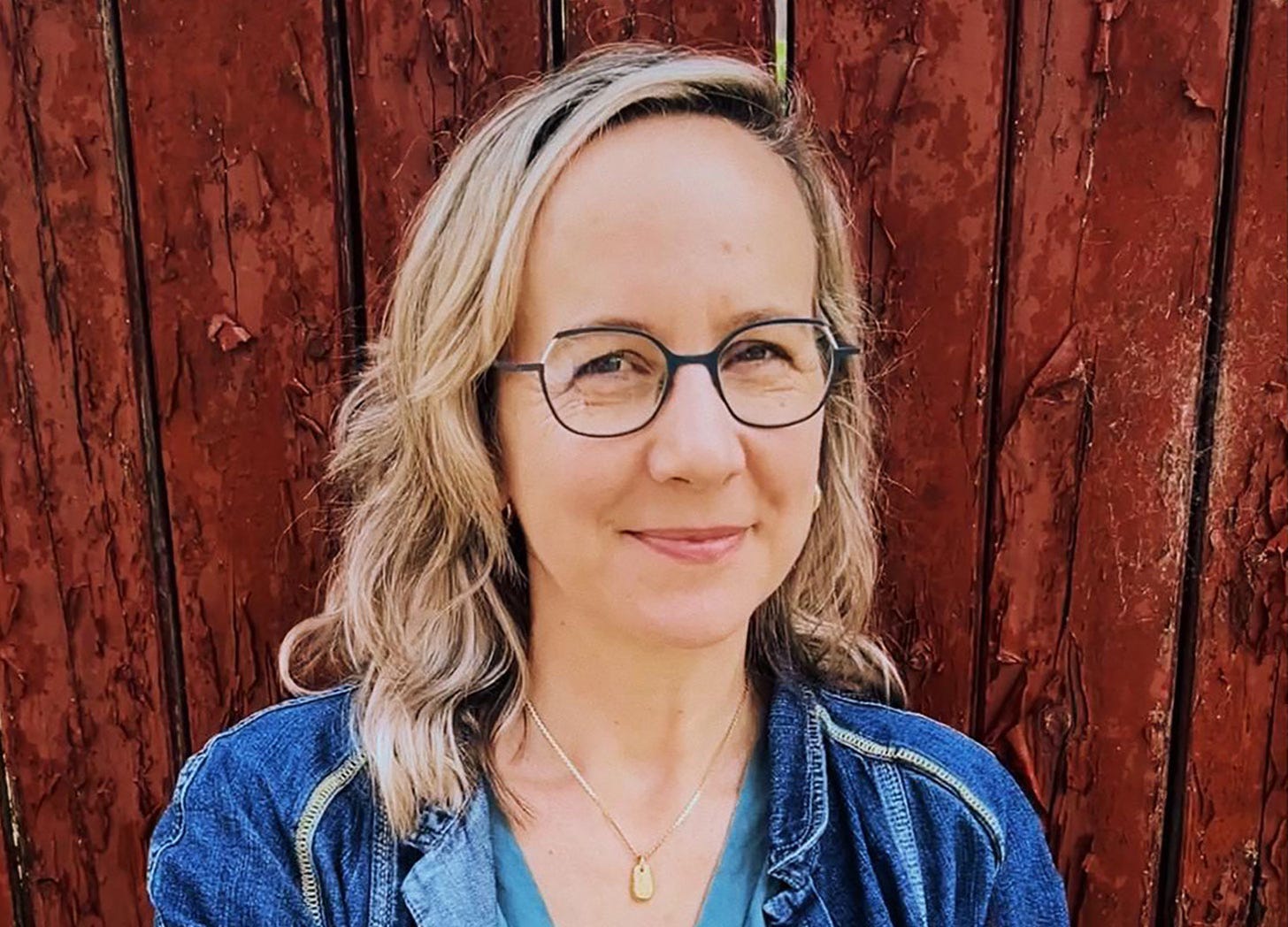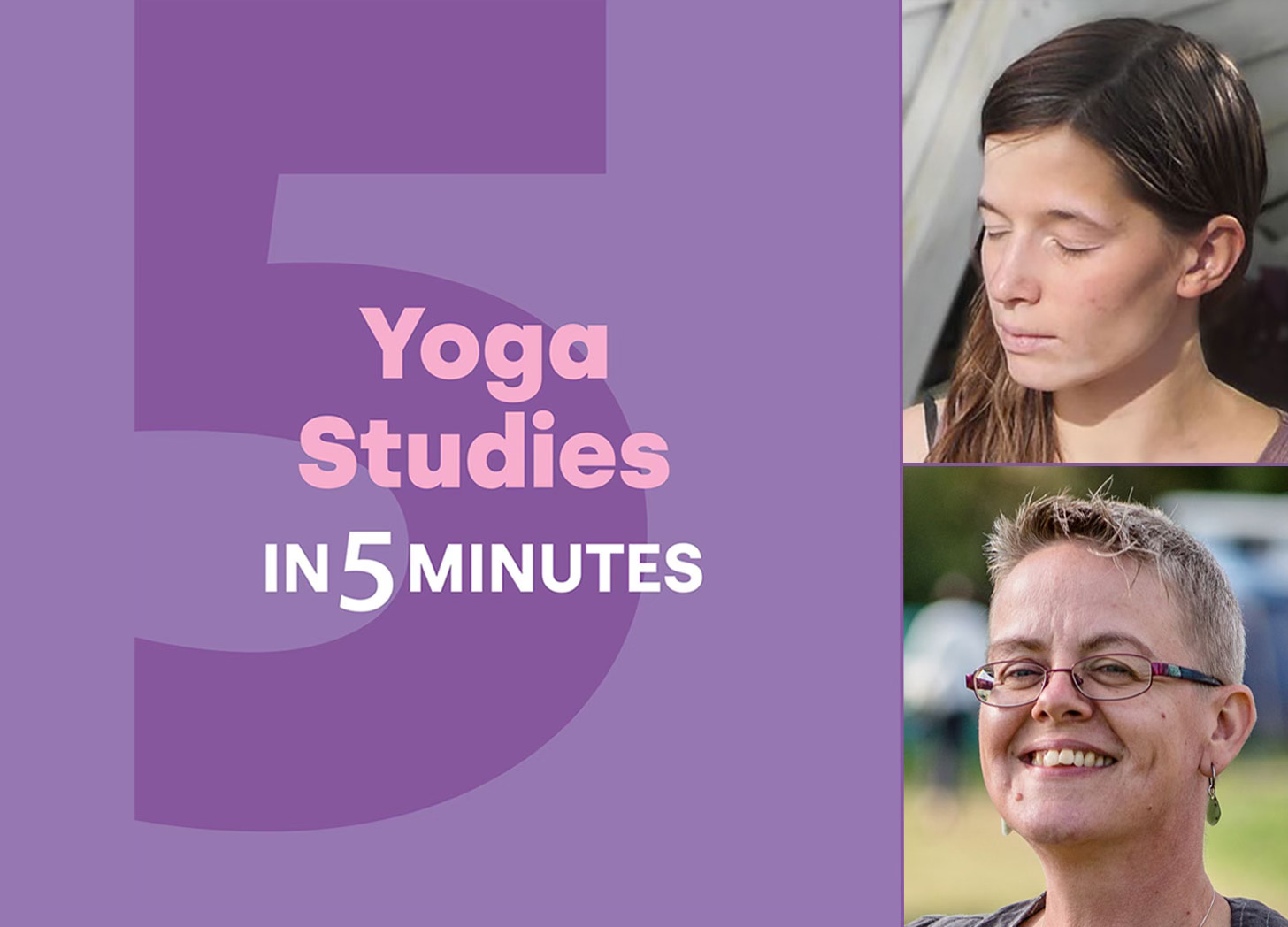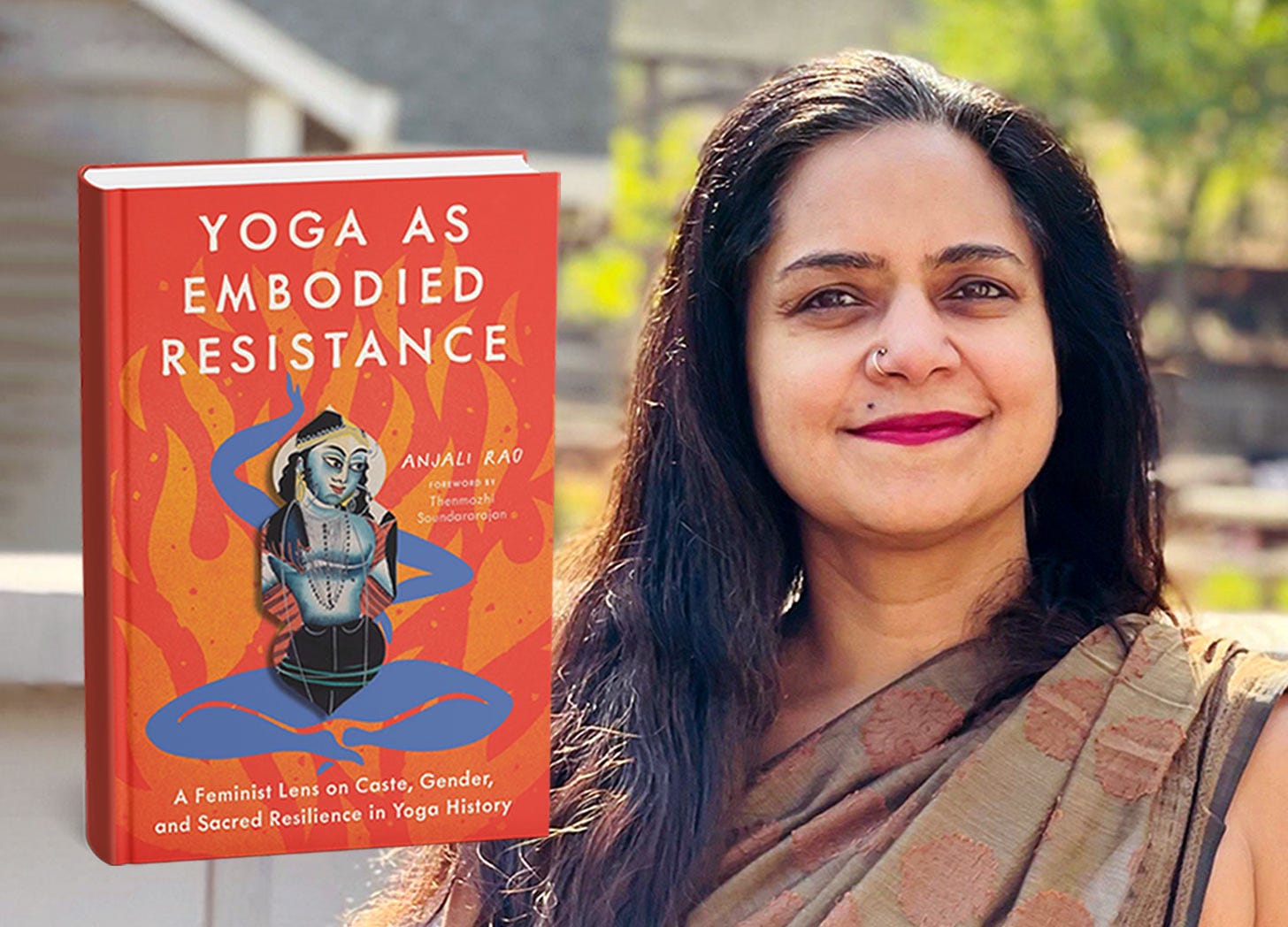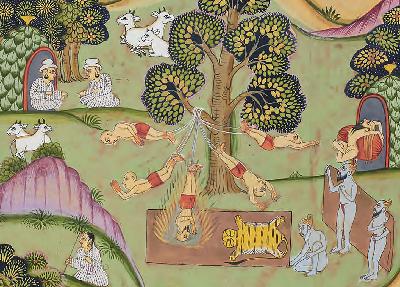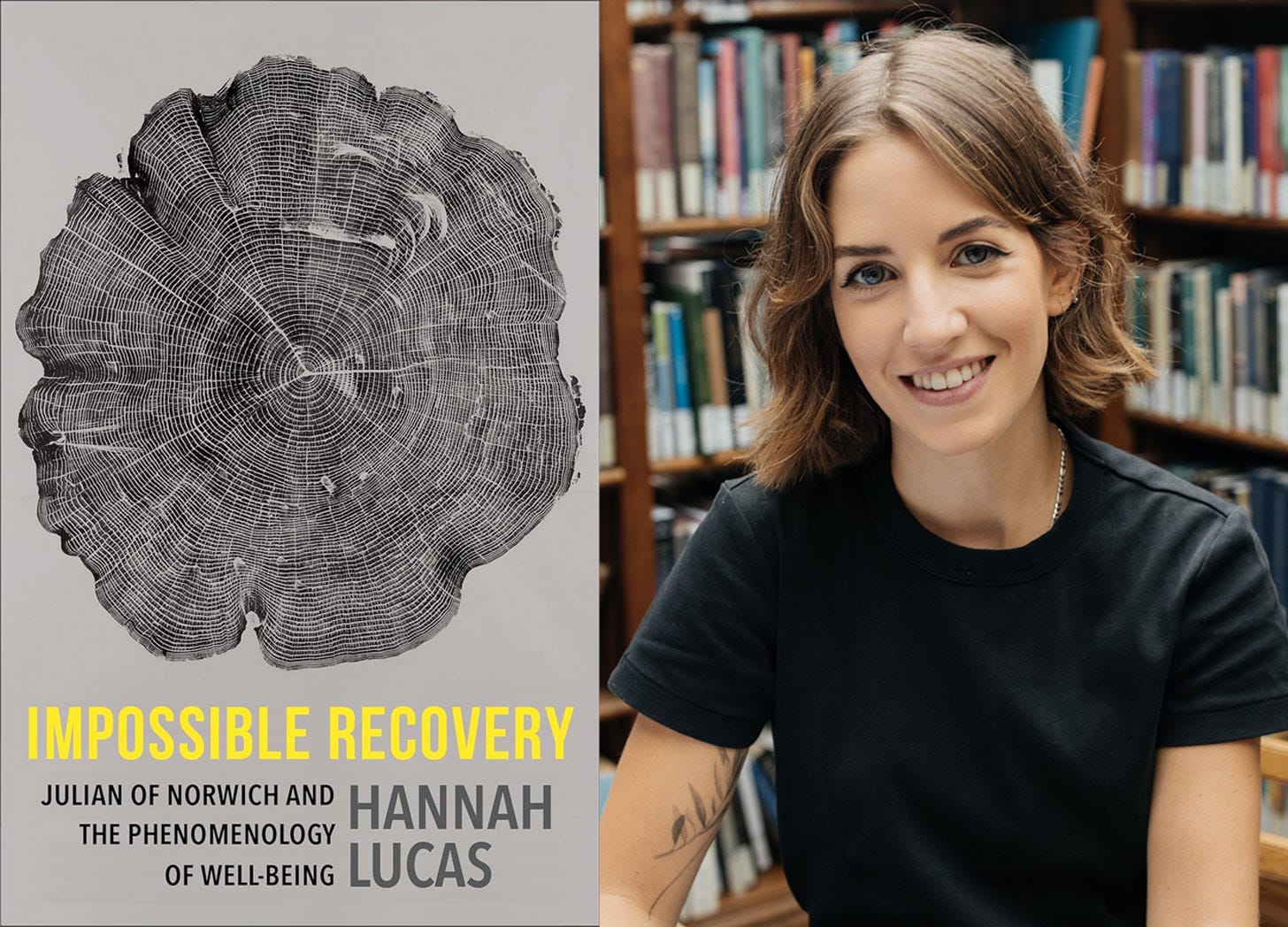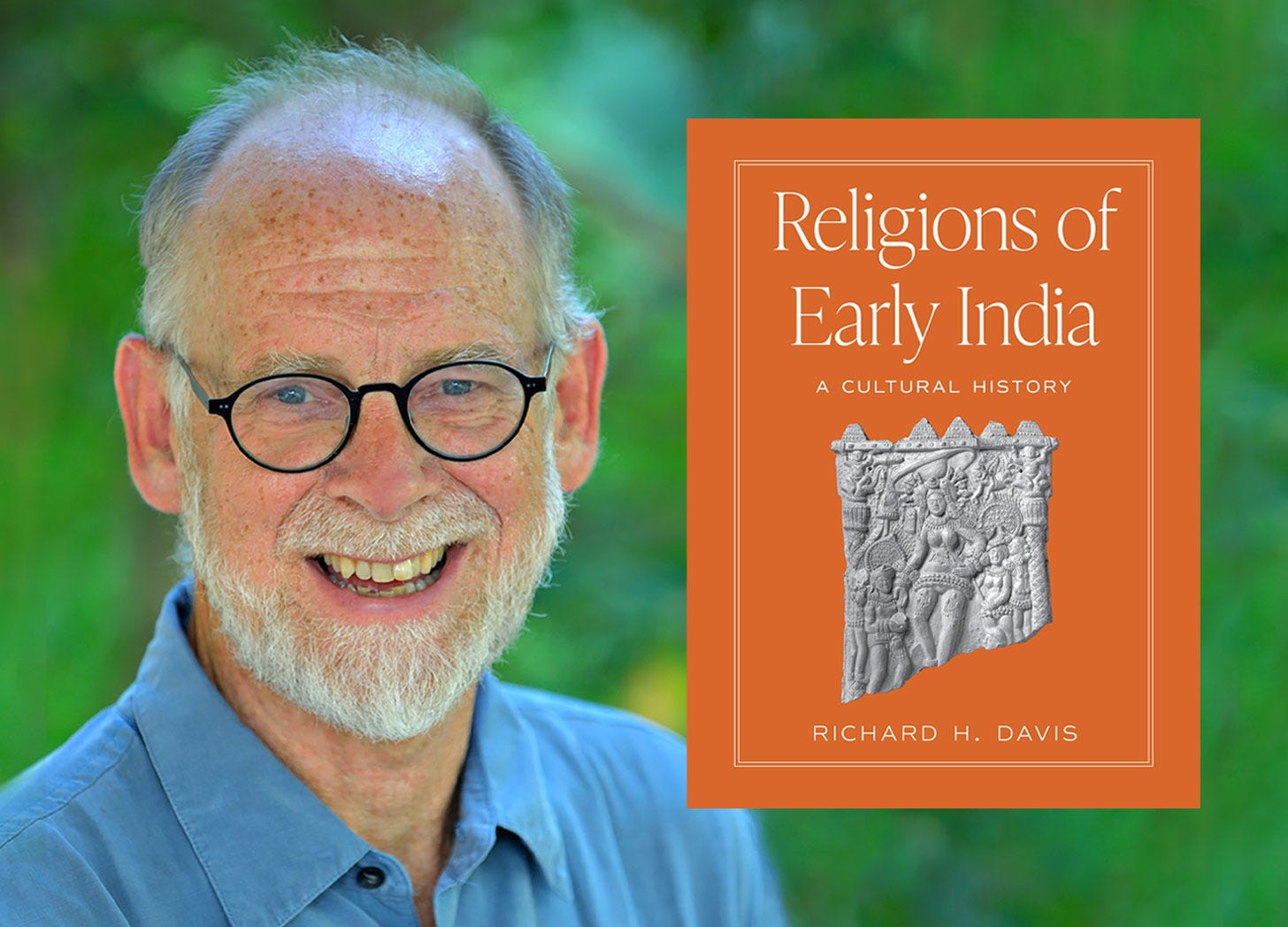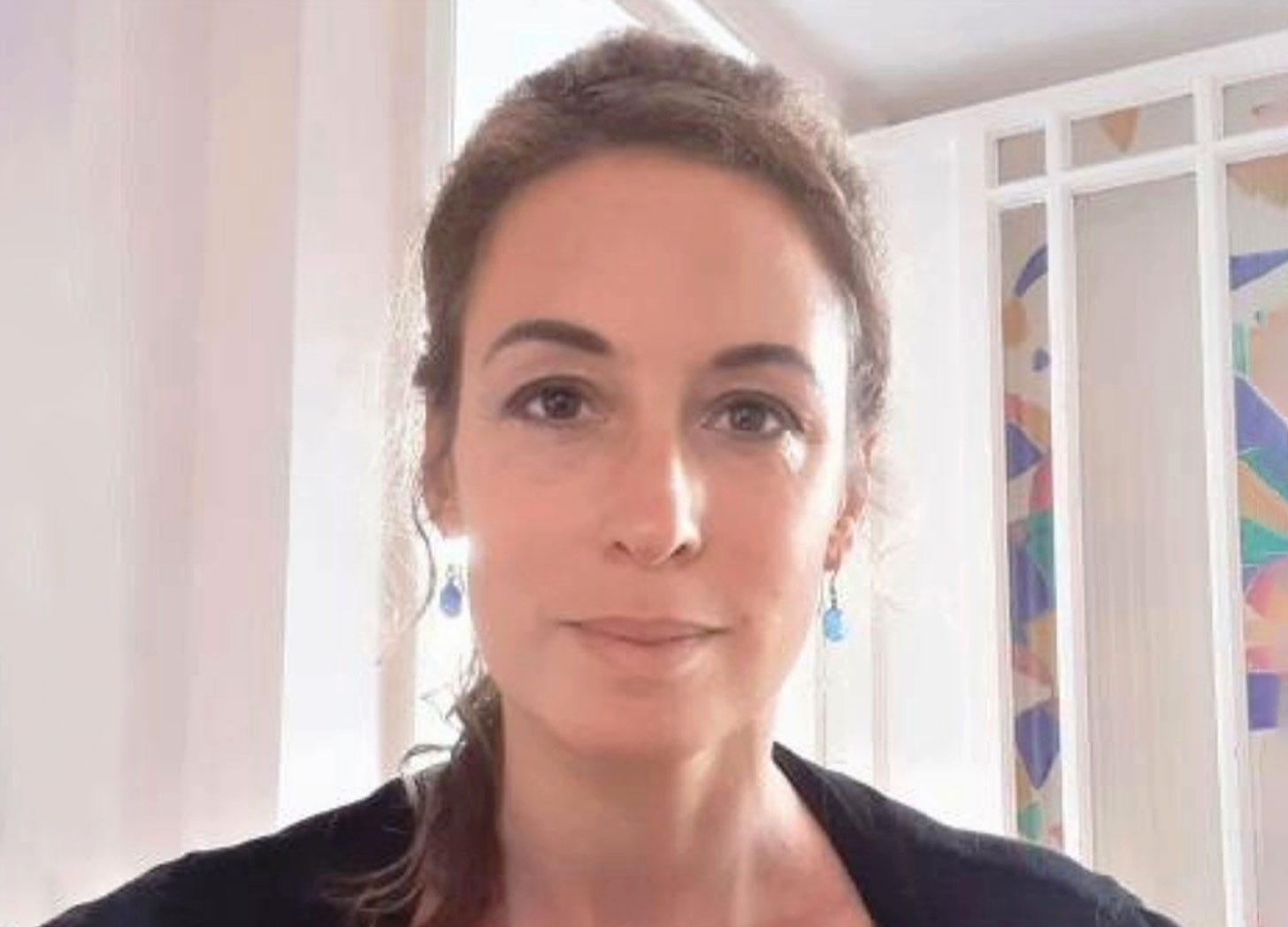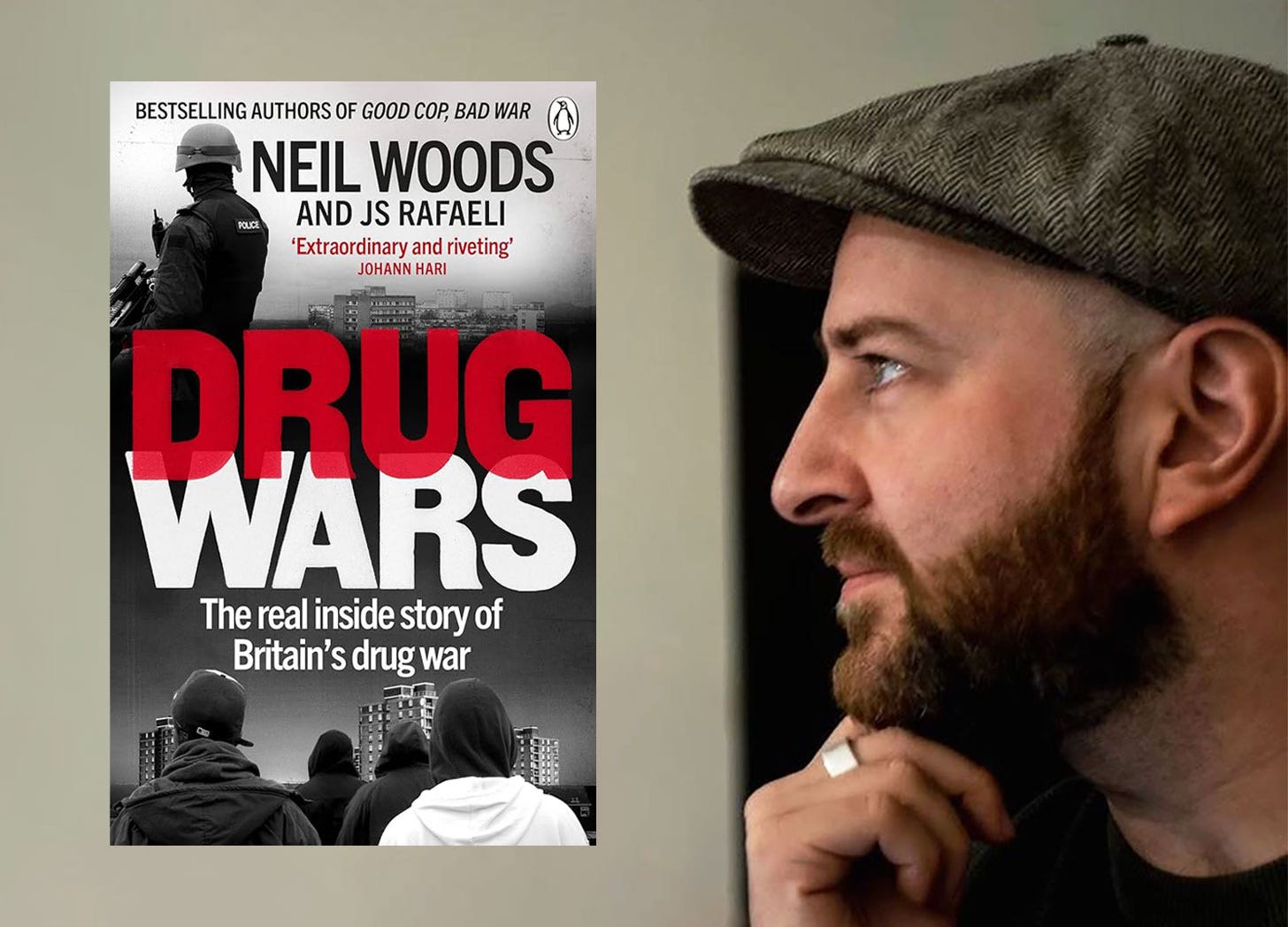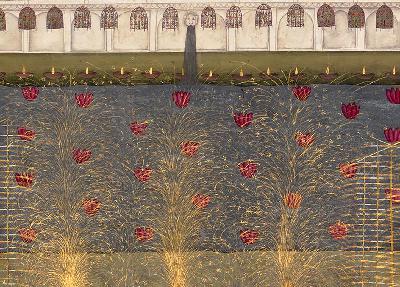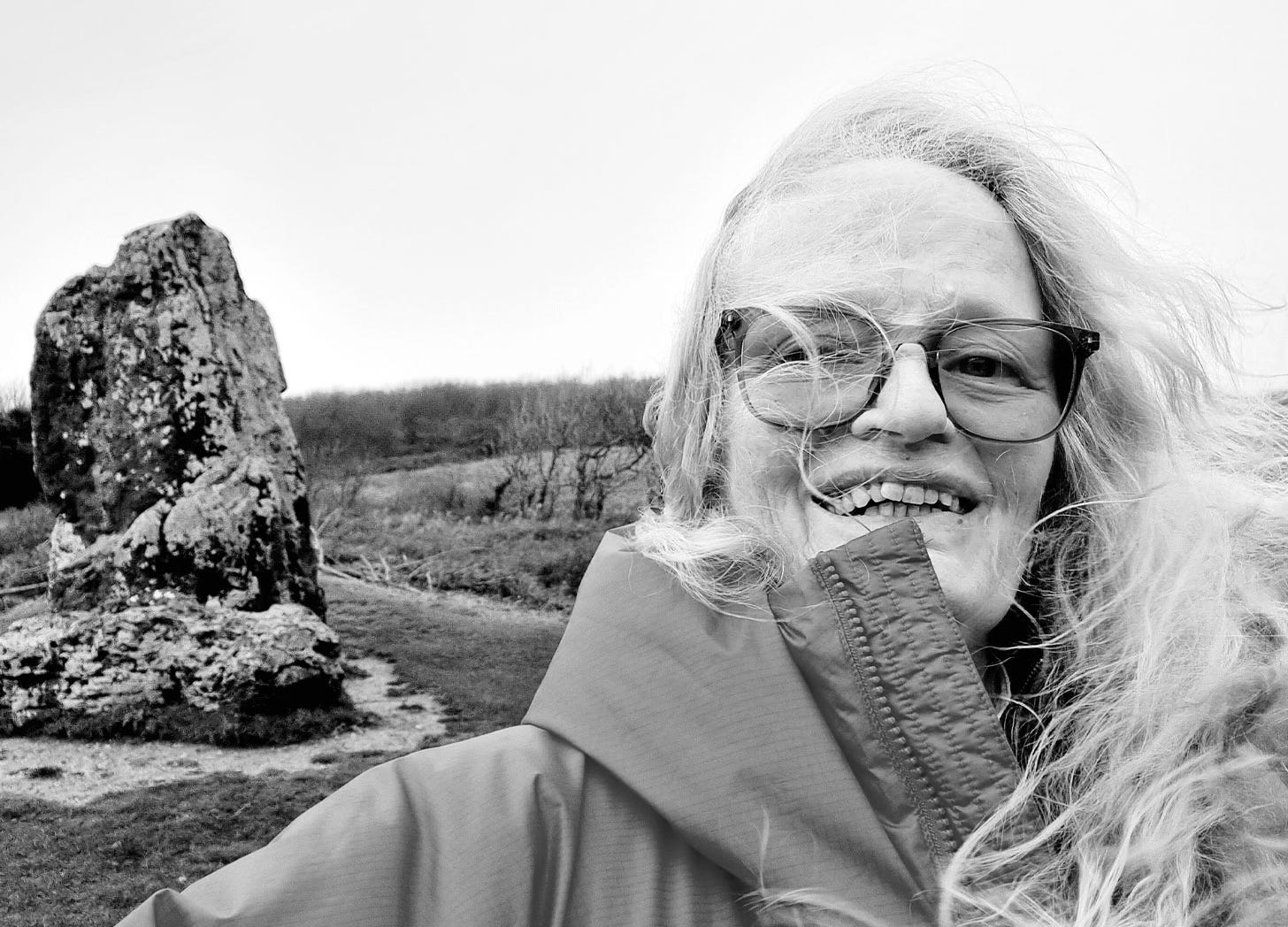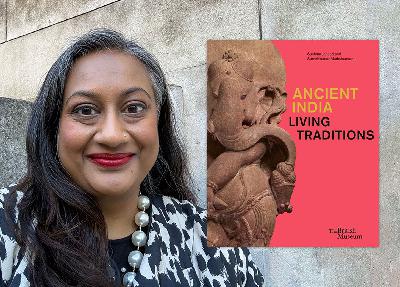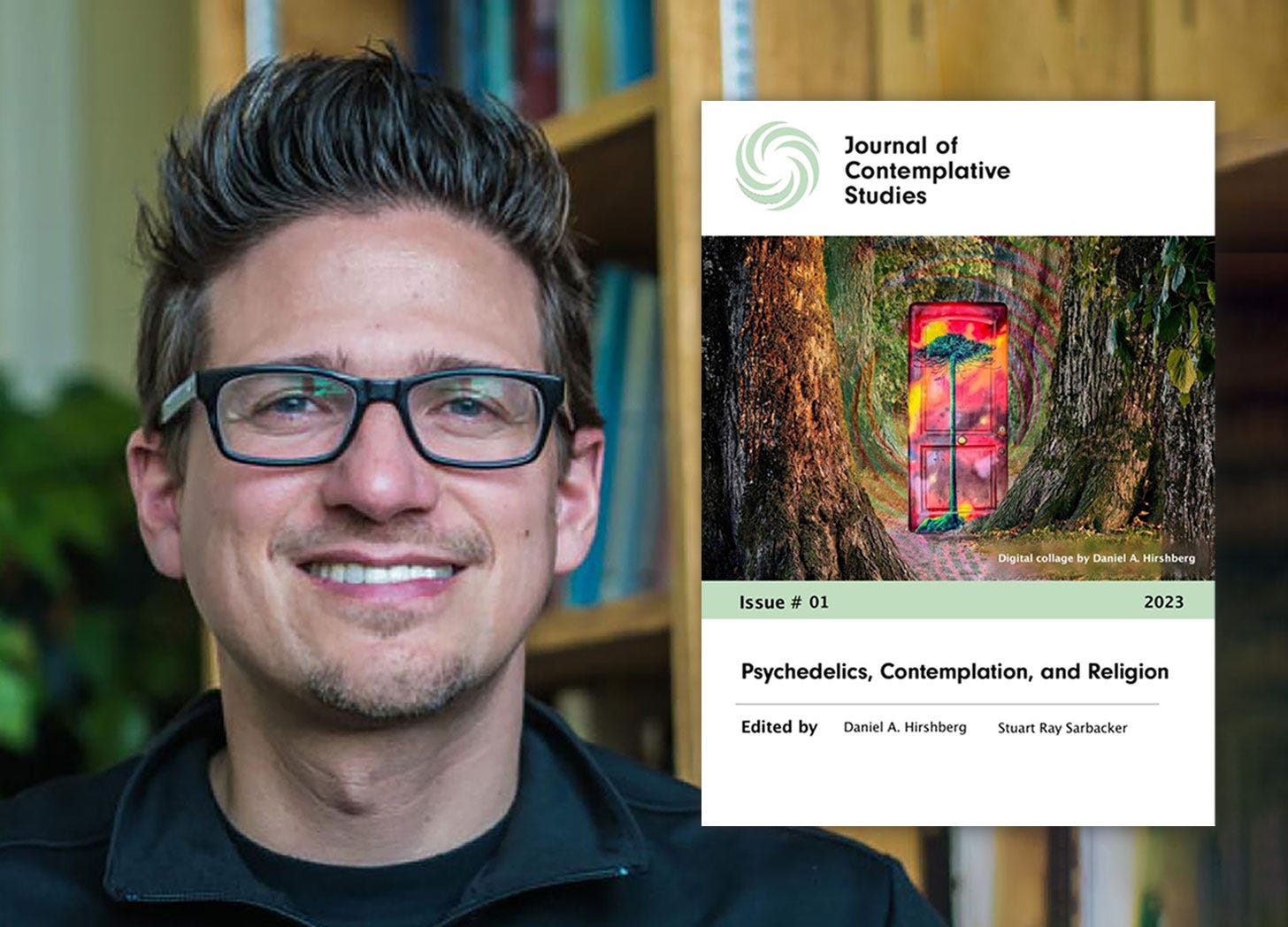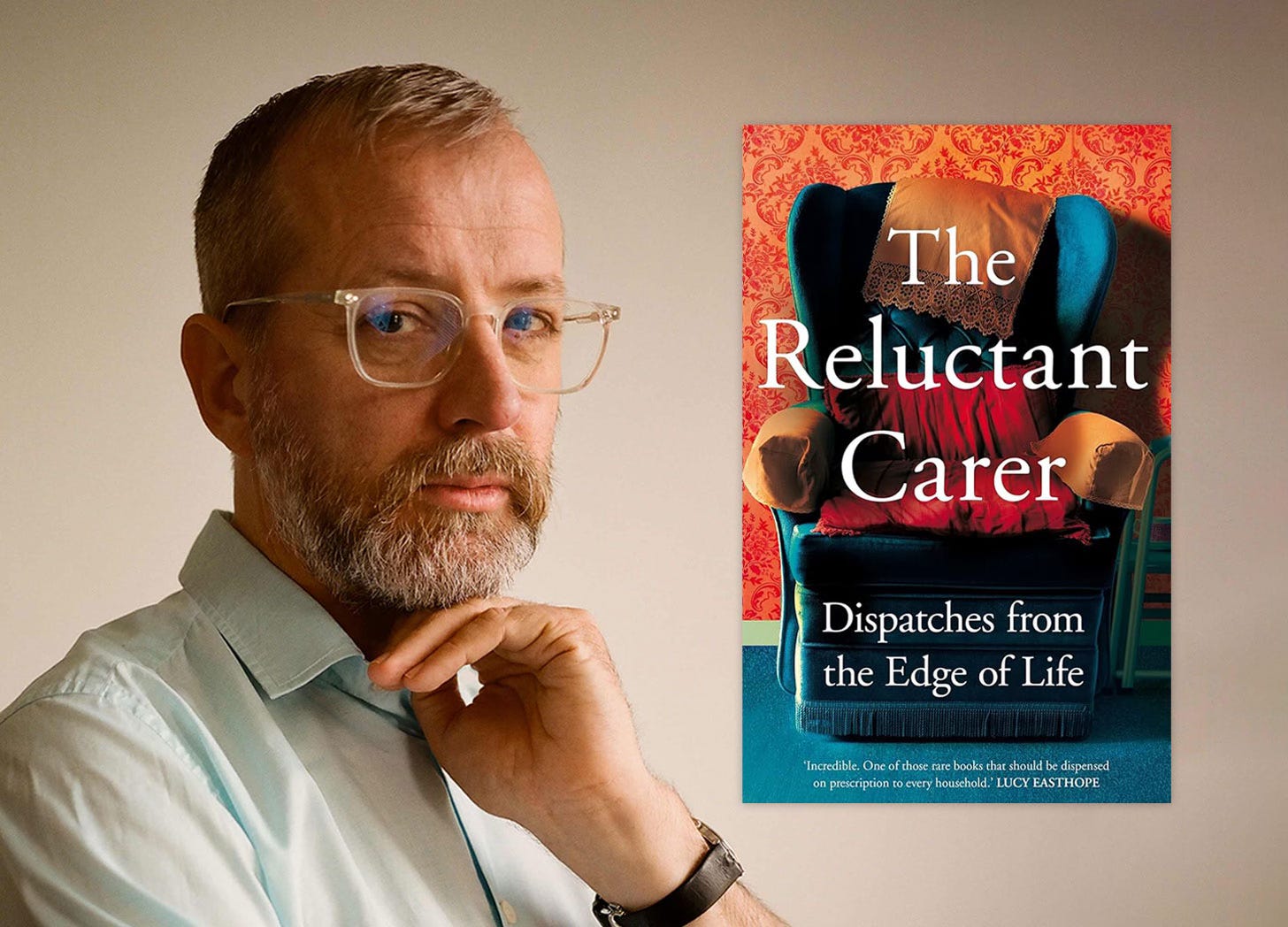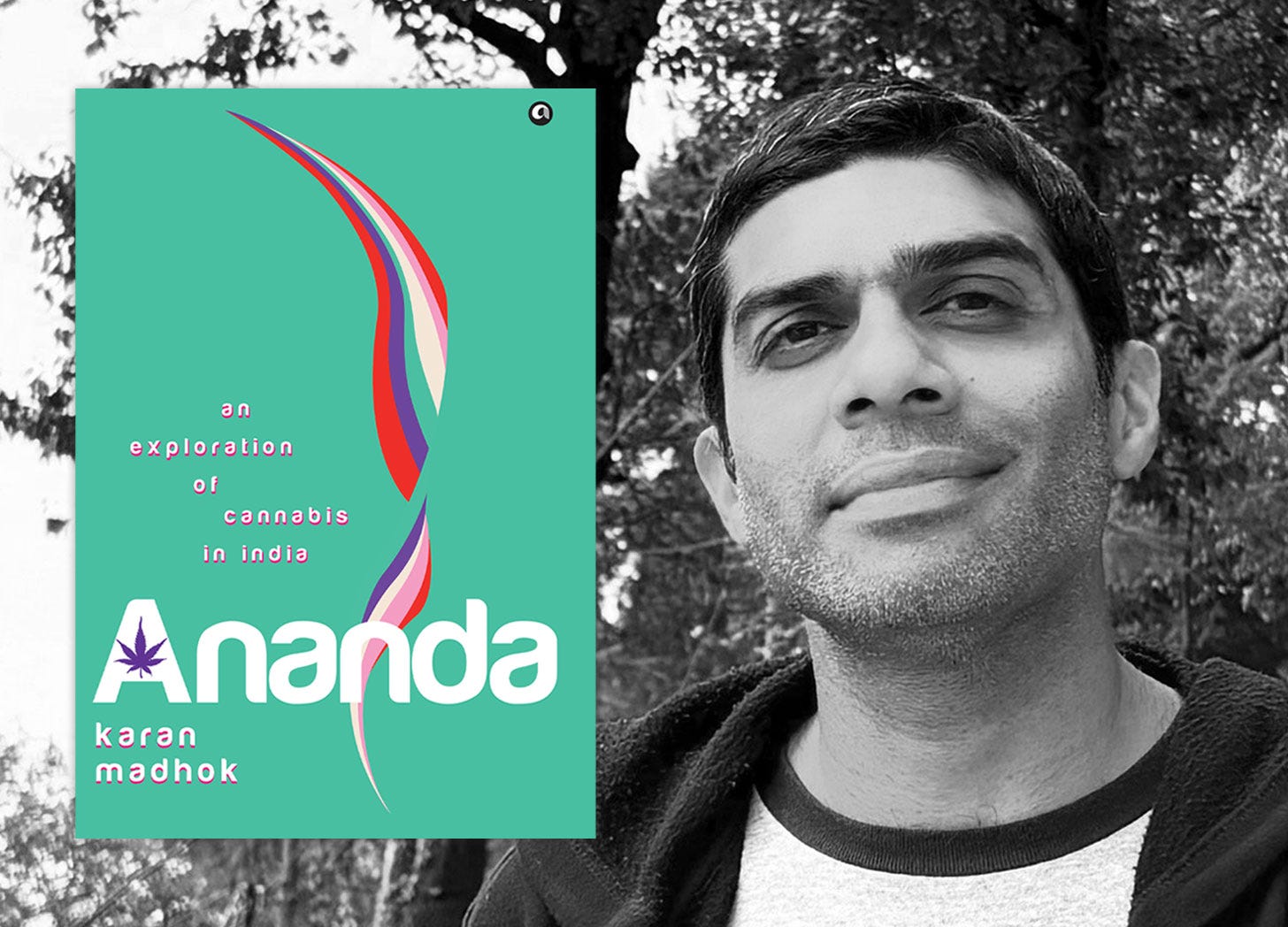Discover Ancient Futures
Ancient Futures

Ancient Futures
Author: Daniel Simpson
Subscribed: 12Played: 381Subscribe
Share
© Daniel Simpson
Description
Timeless wisdom for modern dilemmas, combining yoga philosophy, practical insight and critical thinking. Hosted by Daniel Simpson.
ancientfutures.substack.com
ancientfutures.substack.com
74 Episodes
Reverse
What does it mean to choose wisely? Which kinds of values support this? To what extent are they related to ethics? How similar are Indian traditions to modern ideas about what to prioritise? Might teachings need reframing to speak to us clearly?Simon Haas presents ancient wisdom for everyday life. He is the author of The Book of Dharma – subtitled “Making Enlightened Choices” – and Yoga and the Dark Night of the Soul, which draws on ideas from the Bhagavad Gītā. He’s also spoken on these topics at the United Nations, and offers a wide range of workshops and seminars.Together, we discuss what he calls the Dharma Code, a framework of principles informing wise conduct. These overlap with ethical precepts, and help people fulfil their potential. We nonetheless reflect on drawbacks to expecting any system to have all the answers, since it's helpful to find one’s own way.Although Simon is adept at making subjects accessible, he is also a scholar with an Oxford PhD – you can find out more about his research here.🔎 For yogic perspectives on wisdom, join me for a course at truthofyoga.com🙏 Donations make this podcast sustainable – please consider subscribing or buy me a coffee... Your support is greatly appreciated! This is a public episode. If you'd like to discuss this with other subscribers or get access to bonus episodes, visit ancientfutures.substack.com/subscribe
What exactly is Kuṇḍalinī? It depends... What began as an energetic metaphor has morphed into a framework for transcending trauma, and much else besides. Does a snake-like entity really ascend? What sparks the experience? If it happens by chance, how should someone respond? There are few simple answers.Sravana Borkataky-Varma and Anya Foxen are co-authors of The Serpent’s Tale, subtitled “Kuṇḍalinī, Yoga and the History of an Experience.” Both are scholars as well as practitioners – of Tantra (Sravana) and yoga (Anya) – and their research combines historical analysis with people’s experiences.Together, we explore why it can be hard to differentiate the physical from the psychological and the spiritual. We also ask if there are limits to what Kuṇḍalinī stands for and reflect on the challenges involved in defining them. In the process, we consider why reports of Kuṇḍalinī awakenings are increasingly common.Although The Serpent’s Tale is an academic book, it’s an engaging guide to some fascinating characters – along with cultural overlaps between East and West that explain the evolution of Kuṇḍalinī narratives over the centuries. As we discuss, the most famous of these is the story of Gopi Krishna.🧘♂️ To explore the evolution of yogic traditions, join me online at truthofyoga.com🙏 Donations make this podcast sustainable – please consider subscribing or buy me a coffee... Your support is greatly appreciated! This is a public episode. If you'd like to discuss this with other subscribers or get access to bonus episodes, visit ancientfutures.substack.com/subscribe
What if change had more to do with relationships than miracle solutions? Which priorities help them work better? How does one take meaningful action without having the power to determine its outcomes? Who ought to act if not us?In this podcast, I talk about these questions – along with many others – with Jessica Böhme, PhD. Jes is the founder and director of the Institute for Practical ekoPhilosophy, “a post-disciplinary research and education institute dedicated to cultivating wisdom as a way of life for personal and planetary transformation.”She also writes wild:philosophy, a weekly Substack newsletter that offers “no easy answers, only better questions”, and runs a monthly PhilosophyGym, where people can “stretch their thinking” and “stay supple with uncertainty”. We consider how these qualities cultivate agency, and how that translates to effective activism.Jes describes her priorities as “personal development in service of the whole”, and encourages people to think about life as a laboratory. Some of her experiments are listed here, including wearing one outfit for over a year. The point is not to find a magic answer, she says, but to be open to exploration.🔎 For yogic perspectives on wisdom, join me for a course at truthofyoga.com🙏 Donations make this podcast sustainable – please consider subscribing or buy me a coffee... Your support is greatly appreciated! This is a public episode. If you'd like to discuss this with other subscribers or get access to bonus episodes, visit ancientfutures.substack.com/subscribe
What distinguishes contemporary breath-control from earlier prāṇāyāma? 💨To what extent have external influences shaped Indian practices? How have things changed since the mid-nineteenth century? How might that relate to broader trends in yoga history?Lena Kraler is the author of Yoga Breath: Prāṇa and Prāṇāyāma in Early Modern Yoga. Her research explores the reinterpretation of breath-based techniques in light of ideas from Western occultism, fitness and science, as well as Hindu reform movements and nationalist responses to colonial rule.Our conversation explores how these currents inspired new approaches – from the origins of “deep” and “rhythmic” breathing to reinvented metaphors for teachings that date back to the early Upaniṣads and beyond. As a result, we chart the many continuities that coexist with change.Before her PhD work on prāṇāyāma, Lena’s focus was dance and music, which she now teaches – alongside religion – to early years educators. You can find out more about her research here. She also mentioned Karl Baier (who posts work here), and Anya Foxen (whom I interviewed here).🧘♂️ To explore the evolution of practices, join me for a course at truthofyoga.com🙏 Donations make this podcast sustainable – please consider subscribing or buy me a coffee... Your support is greatly appreciated! This is a public episode. If you'd like to discuss this with other subscribers or get access to bonus episodes, visit ancientfutures.substack.com/subscribe
What distinguishes fiction from facts? John le Carré is renowned for Cold War spy thrillers, yet over half his books were published after 1990 and they tackled modern issues that he had to research. A new exhibition in Oxford documents his methods, and spotlights the networks of experts who helped him.An accompanying book – titled Tradecraft: Writers on John le Carré – explores their experiences. Reflecting on her trip with the author to Congo, Michela Wrong sheds light on the collaborative process, while demystifying complex subjects such as the malevolent role of Rwanda in fomenting conflict.Michela is an Africa specialist, whose books tell engaging stories for the general reader. However, as we discuss, the most compelling non-fiction rarely matches the reach of a bestselling novel. We nonetheless reflect on the importance of reporting, and the damaging impact of scaling it back on our shared understanding.I’ve long been a fan of how le Carré – a.k.a. David Cornwell – laced his plots with psychological drama and moral ambiguity as people struggle to do the right thing. This has a few parallels with epic yoga narratives. Our conversation mostly covers worldly matters, but we also talk about the workings of human delusions.Finally, for non-UK listeners, here’s some context on Mr Bates vs the Post Office.🔎 To investigate truth from a yogic perspective, join me online at truthofyoga.com.🙏 Donations make this podcast sustainable – please consider subscribing or buy me a coffee... Your support is greatly appreciated! This is a public episode. If you'd like to discuss this with other subscribers or get access to bonus episodes, visit ancientfutures.substack.com/subscribe
What was the impact of the Osho / Rajneesh cult on the families of members? Why might some people struggle to heal old wounds? To what extent is abuse of children still unacknowledged? How can telling one’s story facilitate recovery?Lily Dunn is an author, teacher and mentor of literary memoir. She explores its potential in her new book, Into Being, which cites many writers including herself – Lily’s last book, Sins of My Father, describes her enchantment with an absent parent, who joined the Rajneeshees and later drank himself to death.Examining this tangled relationship revealed her father’s narcissistic avoidance of responsibility. This was common in communes, with painful effects on the children raised there – sex with minors was widespread, as Lily noted in an article that brought her into contact with survivors of abuse.One was Maroesja Perizonius, a Dutch director with whom Lily worked to develop a film titled Children of the Cult – available here if you’re in the UK, with a trailer here. Their stories were ignored by the Netflix series, Wild Wild Country, which focused instead on other cult transgressions, such as bioterrorism.Our conversation explores all these topics, along with some practical guidance on writing, and the value of external help – from editors, mentors and therapists – in reducing the risk of self-deception. In the process, we consider what distinguishes creative non-fiction from making things up.🧘♂️ For a modern take on yogic traditions, join me for a course at truthofyoga.com🙏 Donations make this podcast sustainable – please consider subscribing or buy me a coffee... Your support is greatly appreciated! This is a public episode. If you'd like to discuss this with other subscribers or get access to bonus episodes, visit ancientfutures.substack.com/subscribe
This is a free preview of a paid episode. To hear more, visit ancientfutures.substack.comWhat might scholars learn from yoga practitioners, as well as vice versa? To what extent do their worldviews differ? Are their methods of inquiry compatible? Since many academics also practise yoga, as well as educating teachers via courses and trainings, can these roles be compartmentalised?Theo Wildcroft and Barbora Sojkova are the co-editors of a new book titled Yoga Studies in Five Minutes, presenting short summaries of scholarly knowledge from a burgeoning field. Each of its chapters – written by specialists – answers frequently asked questions, such as “what is samādhi?” and “is yoga a religion?”Our conversation explores how the book came together, asks if it caters both to academic readers and curious practitioners, and considers why context and critical thinking are important. We also talk about some common misconceptions, while reflecting on limits to what can be known – or at least articulated.If you’re in the UK, there’s an in-person book launch on November 5 at the Oxford Centre for Hindu Studies. Theo and Barbora are also preparing a round-table about scholarship and practice for the Yoga Darśana Yoga Sādhana conference in Paris next May. In the meantime, recordings of this year’s event are available here.🙋♂️ To explore yogic wisdom from multiple angles, join me for The Path of Knowledge.🙏 Donations make this podcast sustainable – please consider subscribing or buy me a coffee... Your support is greatly appreciated!
This is a free preview of a paid episode. To hear more, visit ancientfutures.substack.comWhat might we learn from the marginalised stories of women in yogic traditions? 🧘♀️Although female practitioners are prevalent today, ancient texts mostly talk about men. However, broadening the focus beyond ascetic yogis, we find empowered women – as well as awkward truths about social restrictions.Anjali Rao is the author of Yoga as Embodied Resistance: A Feminist Lens on Caste, Gender, and Sacred Resilience in Yoga History. Our conversation explores hidden links between gender and caste, and the impact of colonialism on social hierarchies. We also discuss inspiring stories of radical females whom Anjali highlights.Her overall aim is to encourage practitioners to think about ways to expand their perspectives, presenting yoga as an activist path to collective liberation. Her book is published on October 14, and available for pre-order now. She’s also hosting a reading group to talk about ways of dismantling oppression and developing agency.👀 To integrate multiple perspectives on yoga, join me for The Path of Knowledge.🙏 Donations make this podcast sustainable – please consider subscribing or buy me a coffee... Your support is greatly appreciated!
This is a free preview of a paid episode. To hear more, visit ancientfutures.substack.comWhat does it mean to be well in yogic terms? How far does this involve integration with natural surroundings? 🌳Many early teachings prioritise the opposite, promoting withdrawal and inward focus, while the goal in the best-known text – Patañjali’s Yoga Sūtra – is to disengage completely from material things.This podcast includes a talk I presented this summer at a British Wheel of Yoga event, whose themes were harmony, nature, community and wellbeing (slides available here). I was asked to present some historical context, which sparked conversations about how to reframe things for modern practitioners.That’s basically the focus of my year-long course, The Path of Knowledge, which starts soon. We explore how yoga evolved from its earliest history to contemporary developments, and reflect on what keeps teachings relevant as well as connected to earlier traditions, while also developing critical thinking skills. Our international group meets on alternate Sundays – find out more and join us here.🎓 For more courses on yogic wisdom – as well as free talks – visit truthofyoga.com.🙏 Donations make this podcast sustainable – please consider subscribing or buy me a coffee... Your support is greatly appreciated!
This is a free preview of a paid episode. To hear more, visit ancientfutures.substack.comWhat can we learn from a medieval hermit about how to live? A surprising amount perhaps. Julian of Norwich is the author of the oldest surviving book by a woman in English – her Revelations of Divine Love provides a fascinating guide to what it means to be well despite experiencing suffering.Hannah Lucas is a scholar of Julian’s work, among other medieval contemplative literature. She explores the entanglement of illness and insight in her recent book Impossible Recovery: Julian of Norwich and the Phenomenology of Well-Being, including what Julian meant by saying “all shall be well” and “we are all one in love”.Our conversation considers some parallels between Christian mystics and Indian traditions – particularly yoga, which Hannah also teaches. One dimension of this involves facing the world as it is instead of wishing it were otherwise, which has broad implications for everyday life, as we discuss.See here for an introductory blog about Hannah’s book. She is the Newby Trust Research Fellow in English at Newnham College, University of Cambridge. From October, she will be an Alexander von Humboldt Research Fellow based at the Max Planck Institute for the History of Science and the Technical University Berlin.🙋♂️ To explore the evolution of yogic traditions, join me for The Path of Knowledge.🧘♀️ I’m also running a retreat that draws on highlights from the course (Sep 25-28).🙏 Donations make this podcast sustainable – please consider subscribing or buy me a coffee... Your support is greatly appreciated!
This is a free preview of a paid episode. To hear more, visit ancientfutures.substack.comTo what extent has yoga been influenced by socio-political forces, or competition for resources between different groups? Does understanding historical context help to make sense of teachings? What might we learn from the past that’s still relevant today?Richard Davis is an emeritus professor of religion at Bard College in New York. His latest book, Religions of Early India: A Cultural History, explores the fluidity of ancient traditions, including interactions between Brahmanical renouncers, Buddhists and Jains. He’s also the author of The Bhagavad Gita: A Biography, a fascinating story of how the text has been interpreted over the centuries.Having taught undergraduates for 35 years, Richard writes accessibly about the big picture, so our conversation surfs across several millennia. We focus in particular on tensions between renunciation and social engagement, as well as a history of cultural exchange. Among other questions, we consider:* Where ideas about karma and rebirth originated* What inspired sacred images and religious devotion* Whether the earliest traditions were goddess-focused* Whose voices texts leave out, and how to hear them* Why Siddhartha by Hermann Hesse is insightfulSelections from Richard’s work are posted here. For a list of publications, see here.🤿 For a year-long immersion in yogic wisdom, join me on The Path of Knowledge.🧘♀️ I’m also running a retreat that incorporates highlights from the course (Sep 25-28).🙏 Donations make this podcast sustainable – please consider subscribing or buy me a coffee... Your support is greatly appreciated!
This is a free preview of a paid episode. To hear more, visit ancientfutures.substack.comWhat does it mean to have mental plasticity? ♳Unless the mind is to some extent controlled, it controls our experience. This axiom of yoga philosophy has helpful applications in everyday life – from avoiding being triggered by politics to making wise choices.Jessica Frazier is a lecturer at Oxford University, and also a fellow of the Oxford Centre for Hindu Studies. She recently organised a conference that discussed the radical nature of Indian ideas about self-transformation. This podcast includes her presentation on yoga, along with a chat about what we can learn from cross-cultural thinking – particularly about phenomenology (a term we unpack).You can stream more presentations from the conference here, or join the OCHS Virtual Classroom, where subscribers get access to talks on a regular basis. There’s also a range of online courses on yogic traditions and related subjects (some of which I tutor) – a new intake begins on July 27.🙋♂️ For a broad exploration of yogic traditions, join me for The Path of Knowledge.🧘♀️ I’m also running a retreat that draws on highlights from the course (Sep 25-28).🙏 Donations make this podcast sustainable – please consider subscribing or buy me a coffee... Your support is greatly appreciated!
This is a free preview of a paid episode. To hear more, visit ancientfutures.substack.comWhat might the world look like if heroin was provided on prescription at local pharmacies? 💉This is not a thought experiment. It used to be the basis of a policy that experts call the “British System” – in the early 1960s in London, the biggest dealer of drugs was Boots the Chemists.JS Rafaeli is the author of Drug Wars, which documents this history and the crackdown that buried it. His collaborator – Neil Woods – is a retired undercover detective whose experience convinced him the “war on drugs” just made things worse (a story detailed in their first book, Good Cop, Bad War).In this wide-ranging chat, JS explains how criminalisation has corrupted policing, caused violence to spiral and turned addicts into pyramid salesmen who try to hook others to pay for their fix. Meanwhile, evidence takes a back seat to political agendas, producing policies focused on punishment not public health.Our conversation considers how to make things safer for everyone concerned, while acknowledging the obstacles to implementing change. In the process, we talk about work to promote wiser policies by organisations such as Transform, and the Law Enforcement Action Partnership in the U.S. and the UK.🙋♂️ To explore the yogic precept of non-harming, join me on The Path of Knowledge.🧘♀️ I’m also running a retreat that incorporates highlights from the course (Sep 25-28).🙏 Donations make this podcast sustainable – please consider subscribing or buy me a coffee... Your support is greatly appreciated!
This is a free preview of a paid episode. To hear more, visit ancientfutures.substack.comTo what extent is knowledge an obstacle? Is ignorance bliss? 🤔Although it can be helpful to admit to not knowing, it rarely feels comfortable. I’ve been reflecting on that recently while working on some writing about yoga and politics, and it’s also a theme on my year-long course, The Path of Knowledge.This podcast discusses distinctions between what sounds true and what’s verifiable, as well as yogic tensions in seeking the truth by transcending the known. It also talks about the limits of scholarly knowledge and practical insight, while considering ways of balancing both of these perspectives.Since we really don’t know how much we don’t know about the history of yoga, that can add to discomfort when looking for clarity about what’s authentic, or traditional – or any other word that tries to get grounded in something more certain. However, that can be the start of resolving confusion for oneself.🙋♂️ The recording incorporates clips from a talk that had slides (which are available here) and it includes Q&A about The Path of Knowledge. A new intake starts in September – you can find out more and join us here.🧘♀️ I’m also running a retreat based on some of the highlights from the course – more details here. If you have any questions, send me an email.🙏 Donations make this podcast sustainable – please consider subscribing or buy me a coffee... Your support is greatly appreciated!
This is a free preview of a paid episode. To hear more, visit ancientfutures.substack.comWere the all-embracing visions of William Blake shaped by Indian philosophy? 🪷A new book by Mark Vernon explores what inspired Blake alongside his influence. Although he died 200 years ago, he was a prophet for our times, perceiving the spirit of some of the issues we're still grappling with – from rapid technological change to mass discontent and estrangement from nature.Blake is probably best known as an artist and writer, but he was also a mystic and an intellectual critic. Disillusioned by creeping materialism, he sought to awaken an expansive perspective in which everything is holy – which sounds like ideas in the Bhagavad Gītā.Our conversation explores these parallels, as well as Blake’s Christian roots, and how there’s often more to famous quotes – from “the doors of perception” to “dark Satanic Mills” – than first meets the eye. Above all, we reflect on the transformative power to imagine and how it might transport us into eternity.Like Blake, Mark has wide-ranging interests, working as a writer, broadcaster and therapist. His books cover ancient philosophy, spiritual intelligence, Dante’s Divine Comedy and many other topics. You can find out more about him here.🎓 Join me on The Path of Knowledge for a year-long guide to yogic wisdom.🧘♂️ I also have a Swiss retreat in September, exploring a mix of discussion and practice.🙏 Donations make this podcast sustainable – please consider subscribing or buy me a coffee... Your support is greatly appreciated!
This is a free preview of a paid episode. To hear more, visit ancientfutures.substack.comWhat does it mean to inhabit a world that’s alive with deities, which might be less like gods than enlightened aspects of the mind? How could that influence how we relate to ourselves, to each other and to our surroundings?Yeshe Palmo has practised tantric Buddhism for roughly four decades, inspired by an empowerment from the Dalai Lama in 1985. Her teacher was Thrangu Rinpoche and in recent years she’s worked with Mingyur Rinpoche's Awareness Yoga – on which more here, along with a video of Yeshe in action.Our conversation explores her experience from multiple angles, including what inspired her to become a Buddhist nun. We also talk about her M.A. research on how postural yoga can help Western Buddhists before long retreats, and reflect on whether monasteries are necessary to pass on traditions.Above all, we consider what it means to have a sacred view, and how deities and nature spirits might be helpful in practice – despite potential objections from the rational mind. This episode expands on some themes from the last one (which is archived here), but there’s no need to hear them in order.🤿 For a year-long immersion in yogic traditions, join me for The Path of Knowledge.🧘♂️ I also have a Swiss retreat in September, exploring a mix of discussion and practice.🙏 Donations make this podcast sustainable – please consider subscribing or buy me a coffee... Your support is greatly appreciated!
This is a free preview of a paid episode. To hear more, visit ancientfutures.substack.comWhat inspired the creation of Indian sacred images? They played no part in early Vedic rituals, in which priests made offerings into a fire, asking gods for reciprocal blessings. Others did something similar with embodiments of nature, whose spirits – called yakṣas and yakṣīs – were sculpted in earthenware and stone.A new exhibition at the British Museum charts links between these figures and depictions of deities and enlightened teachers revered by Hindus, Buddhists and Jains. It also highlights overlaps between the three traditions, and how their art sometimes changed as they spread beyond India.Sushma Jansari is the museum’s Tabor Foundation Curator of South Asia. She is also the author – with Sureshkumar Muthukumaran – of an accompanying book about the exhibition’s contents. Our conversation discusses its highlights, noting the relevance of ancient Indian art to contemporary practice, plus the impact of colonialism on theories of where objects come from and why they were collected.The exhibition runs in London from May 22 to October 19. An introductory blog by Sushma is available here, and she is due to give an online presentation on June 5.🌳 To explore yoga's roots in ancient India, join me online for The Path of Knowledge.🧘♂️ I also have a Swiss retreat in September, exploring a mix of discussion and practice.🙏 Donations make this podcast sustainable – please consider subscribing or buy me a coffee... Your support is greatly appreciated!
This is a free preview of a paid episode. To hear more, visit ancientfutures.substack.comDo yogic practices and psychoactive substances lead somewhere similar? Stuart Sarbacker is a scholar and practitioner of yoga based in Oregon, where adult use of psilocybin – the active ingredient in psychedelic mushrooms – was recently legalised (though some places opt out).As well as studying and teaching yoga, Stuart has also trained to facilitate sessions with psilocybin. His work looks at the overlaps between ancient history and modern engagement with psychedelics, both therapeutically and for life-enhancing purposes. Among other questions, we consider:* How influential is yoga in psychedelic research?* What exactly was soma and what was its function?* Could psychoactive plants have inspired early yogis?* To what extent might drugs mimic meditative insights?* How transformative are mystical experiences of any kind?Stuart is the author of several books, including an overview of yoga history titled Tracing the Path of Yoga (on which more here). He shares academic his writing here – on topics as varied as near-death experiences, sun salutations and meditative clarity. For another conversation between us, see last week’s post.🤩 To expand your perspective on yoga, join me online for The Path of Knowledge.🙏 Donations make this podcast sustainable – please consider subscribing or buy me a coffee... Your support is greatly appreciated!
This is a free preview of a paid episode. To hear more, visit ancientfutures.substack.comLife can be both physically and mentally fragile – as Michael Holden explores with candid humour. His most recent book, The Reluctant Carer, describes moving in with his ailing parents, and trying to look after them while navigating multiple personal setbacks.One of these – not featured in the book – involved being handcuffed and taken to hospital from a meditation retreat. He subsequently wrote about that for Esquire, discussing the potential risks of contemplative practice, and a fine line between psychosis and self-transcendence.Our conversation reflects on identity from multiple perspectives – spiritually, culturally and psychologically. We also talk about learning from liminal states, however they’re triggered. And we consider what it means to have a therapeutic dialogue, which at times we embody – you’re welcome to eavesdrop.The Reluctant Carer began as an anonymous Guardian article, and Michael later outed himself as the author in the same publication. Find out more about his other work here, or subscribe to him on Substack for regular updates.🧘♂️ To explore yogic wisdom in depth, join me online for The Path of Knowledge.🙏 Donations make this podcast sustainable – please consider subscribing or buy me a coffee... Your support is greatly appreciated!
This is a free preview of a paid episode. To hear more, visit ancientfutures.substack.comWhat makes it holy to get really stoned? This is an unavoidable question in India, where smoking cannabis is banned but done by dreadlocked devotees. Meanwhile, weed smoothies are frequently drunk at religious festivals.The writer Karan Madhok investigates this paradox – along with many others – in his new book Ananda, subtitled “An Exploration of Cannabis in India”. It also covers lots of other subjects, including cultural history, indigenous medicine, politicised religion, the pleasures of travel and the charms of Varanasi.As we discuss, references to cannabis date back to the Vedas, though the custom of smoking it is relatively recent. Like criminalisation, that came from outsiders – and ironically countries that promoted prohibition, such as the United States, have since been at the forefront of legalisation.Things are now changing in India with commercialised hemp and Ayurvedic remedies, but recreational use is illegal. Our conversation considers the benefits as well as the drawbacks of cannabis consumption, and asks if the bliss to which Ananda refers might be found more sustainably by other means.👣 For other dimensions of yogic traditions, join me on the Path of Knowledge.🙏 Donations make this podcast sustainable – please consider subscribing or buy me a coffee... Your support is greatly appreciated!


